Many opinions suggest that individuals and business households with revenue of over 180-300 million VND per year must pay VAT, but the Ministry of Finance still maintains the level of 150 million VND.
In the latest draft of the revised Law on Value Added Tax (VAT), which is being consulted, the Ministry of Finance still maintains the proposal that the threshold of VAT taxable revenue for individuals and business households is 150 million VND, an increase of 50 million compared to the current level.
"Raising the tax threshold is a good sign for business households and individuals because if applied, there will be fewer taxpayers," commented Mr. Nguyen Van Duoc, Head of the Advisory Board of the Vietnam Tax Consultants Association (VTCA).
Mr. Duoc believes that this policy is suitable for current practice. Because the revenue level of 100 million VND was built on the basis of the Law on Value Added Tax from 2008, but currently economic indicators, especially the consumer price index (CPI), have changed a lot.
However, according to experts, the tax threshold needs to be raised higher than VND 150 million to comply with the Personal Income Tax Law and the poverty line stipulated in Decree 07/2021.
Previously, when giving comments on the draft, some organizations and agencies proposed raising this revenue threshold higher than the level proposed by the Ministry of Finance. For example, Quang Ngai proposed exempting VAT for households and individuals doing business with revenue under 300 million VND per year. Some other agencies proposed a lower level, such as the Ministry of Transport suggesting 250 million VND, equivalent to about 10,000 USD. Meanwhile, the Vietnam Tax Consulting Association and an accounting service company proposed 180-240 million VND.
Citing Decree 07, the Vietnam Tax Consulting Association said that the income standard for poor households in rural areas is currently 1.5 million VND per person per month, and in cities it is 2 million VND. Thus, a person with an annual income of 18 million VND is "poor and near-poor".
VTCA calculates that if based on the VAT tax table, assuming the commercial business sector has a tax rate of 10%, the income will be about 10 million VND. That is, after a business process of earning 100 million, the added value is 10 million VND. With 150 million VND, the income is 15 million VND.
"I think VND15 million is still lower than the near-poverty level of VND18 million," said tax expert Nguyen Van Duoc. Therefore, the expert recommends raising this revenue threshold to a minimum of VND180 million so that "after multiplying by the tax rate, the remaining households and individuals' incomes are equal to the near-poverty level."
"If we build it at VND240 million to ensure that the poor in the city do not have to pay taxes, we will receive higher consensus," he added.
Sharing the same opinion, another expert cited the Personal Income Tax Law, saying that the current deduction for taxpayers is 11 million VND per month, and the deduction for dependents is 4.4 million VND. "If referring to the family deduction for taxpayers and dependents, it is about 184.8 million VND per year. Thus, the threshold revenue for individuals and business households will be from 200 million VND per year or more to have to pay VAT and personal income tax, which will be appropriate," he proposed.
In fact, all of the above proposals were rejected by the Ministry of Finance on the grounds that the proposed level of VND150 million was "based on the inflation index and the actual situation". The Ministry was concerned that raising the tax reduction level higher would affect the state budget revenue at the local level, especially in localities with low revenue.
At the same time, the Ministry of Finance believes that a higher tax threshold will discourage households and individuals from switching to businesses, as businesses that generate revenue must pay VAT.
Agreeing with the drafting agency’s concerns about the impact on local state budget revenue, tax expert Nguyen Van Duoc said that if there is a lenient policy for the people, the gap between rich and poor will be narrowed. Furthermore, if favorable conditions are created for business households and enterprises to develop, it will help them increase their revenue and pay more taxes.
He believes that the budget deficit can be compensated by internal sources. He gives an example of the lump-sum tax for business households, which is currently advised by the ward tax advisory council but has not yet reflected correctly and sufficiently, causing revenue losses in this area. "The tax authority needs to review the process and check for fraudulent behavior. If they do well, the lump-sum tax revenue will be more secure," he said.
On the other hand, according to experts, the revenue threshold of 150 or 180 million VND is not necessarily the reason why households consider choosing to establish a business. "This may have an impact but is not an important factor. They will consider depending on the institution, business environment, tax policy, and administrative procedures," he said.
According to him, business households do not want to become enterprises because they are worried about the cost and time involved in fully complying with regulations on invoices, documents, having an accountant, and reporting taxes according to regulations. Enterprises must pay many types of taxes including corporate income tax, value added tax, social insurance, and other expenses. "But households only pay lump-sum taxes with lower costs, so they tend to choose to become business households, not because of the revenue threshold," he further explained.
Source link






























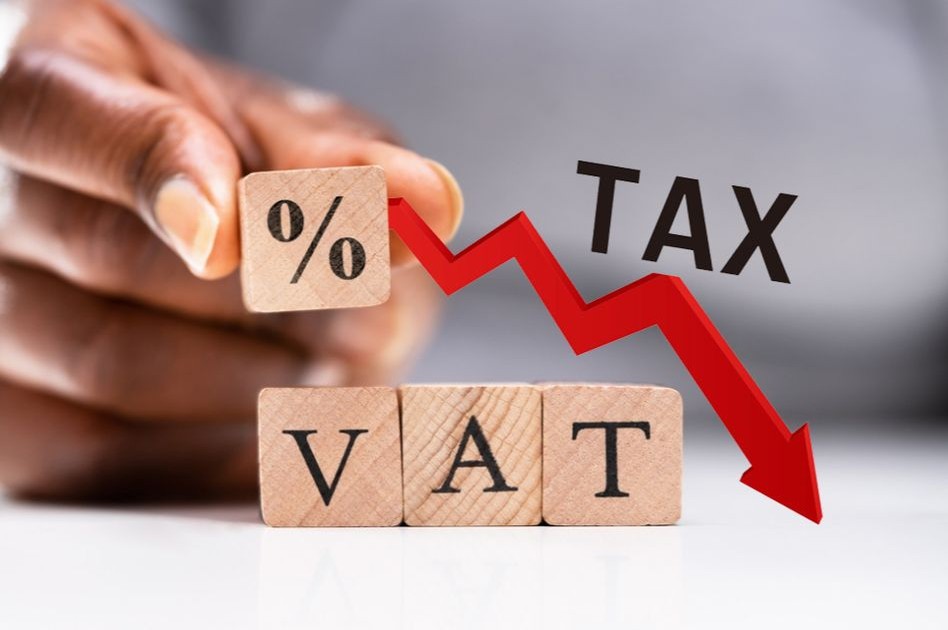



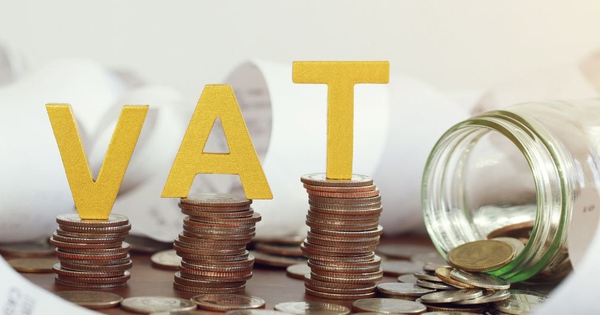



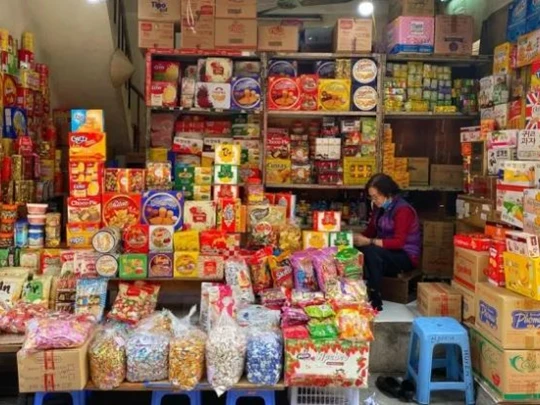




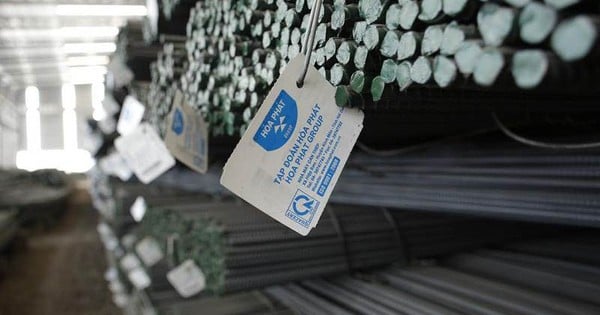


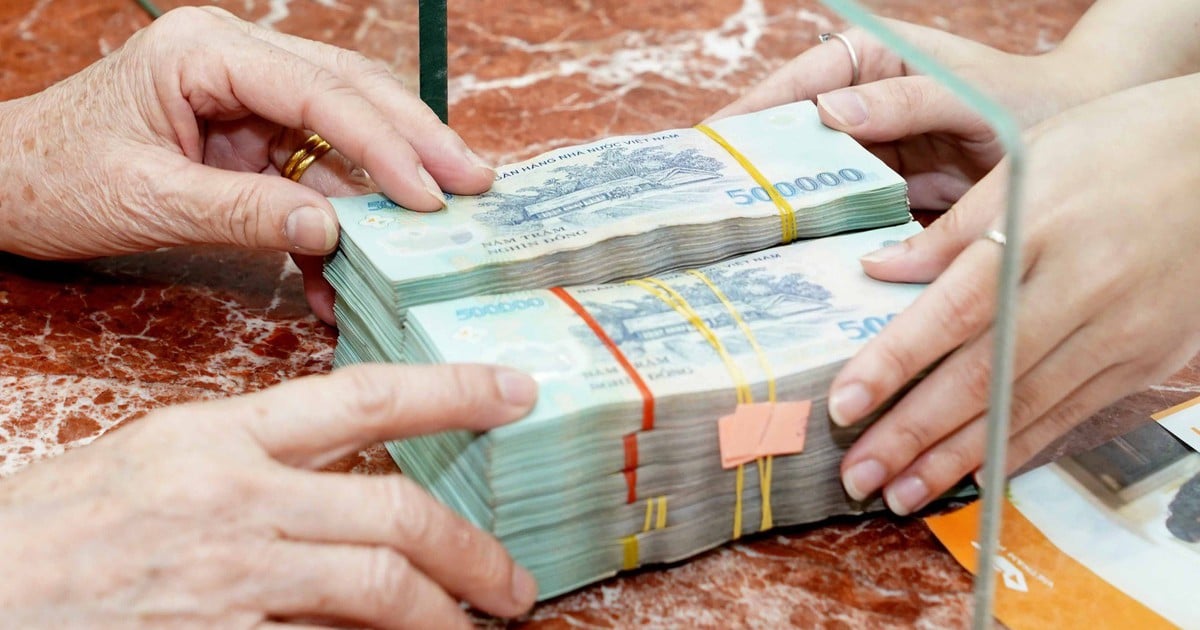






















Comment (0)